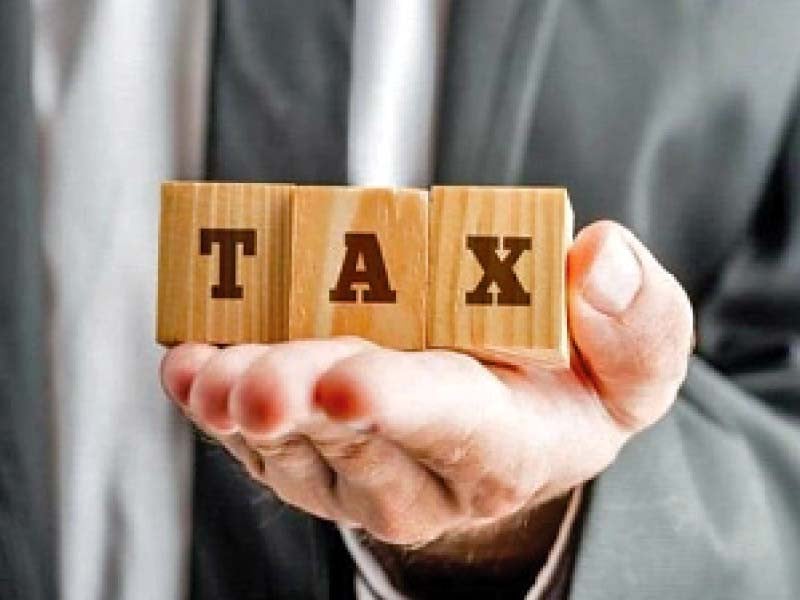ISLAMABAD – Capital Calling, a network of academic researchers and professionals, has stated that the government is bound to collect over Rs220 billion through the Federal Excise Duty imposed on the sale of cigarettes in the country.
The network had made this projection about tax collection when the former prime minister Shahbaz Sharif took the decision of increasing FED on cigarettes. In a recent statement, it lamented that multinational cigarette manufacturers had been constantly creating misunderstandings about the FED increase for their own advantage.
It said the former PM was not influenced by these tactics as he knew that the cost of health expenditure borne on tobacco-caused diseases is unacceptable by any country, not least when compounded by the tragedy of loss of human lives.
The network, however, states that the FED is too little, too late. It says that taxes on cigarettes have to be in line with the guidelines set by the World Health Organization (WHO) and should be revised regularly.
It says the possibility of illicit trade in cigarettes is negligible after the introduction of a track and trace system. It says that since 2014, multinational tobacco companies have been constantly claiming that 40% of cigarettes in the market are illicit.
However, some non-government organizations have conducted independent surveys to find that this figure is heavily flawed and in reality the magnitude of illicit trade has been reduced to being negligible after the imposition of a track and trace system.
Representatives of an NGO state that multinational cigarette manufacturers are deliberately spreading the propaganda in the market that the volume of illicit trade is increasing after the rise in taxes on cigarettes, which is a blatant attempt at pressuring the government for the benefit of multinational cigarette manufacturers.
He said that the increase in FED has resulted in a significant decrease in smoking, adding that the health cost of cigarette-caused diseases is estimated to come down to $1 billion from $3 billion.
The Multinationals claim that their sale has been affected because of the increase in FED. This is precisely the purpose of regular increases in FED so that smoker numbers are reduced. The multinationals make a massive assumption that instead of smokers quitting smoking, they start smoking illicit cigarettes.
This has no factual basis because multinationals count all cigarette quitters as having switched to another cigarette brand. With the increase in cigarette prices, the smuggled cigarettes that were previously available in the market have also become more expensive.
Despite the claims of 40% and above illicit cigarettes by the multinationals, the reality remains that illicit cigarette share remains low. He said that the majority of the smuggled cigarettes belong to multinational cigarette companies.
Capital Calling asked the caretaker set-up not to budge on the pressure put up by multinational cigarette makers to reduce FED on cigarettes as it would amount to undoing the tax collection process set off by the previous government.










